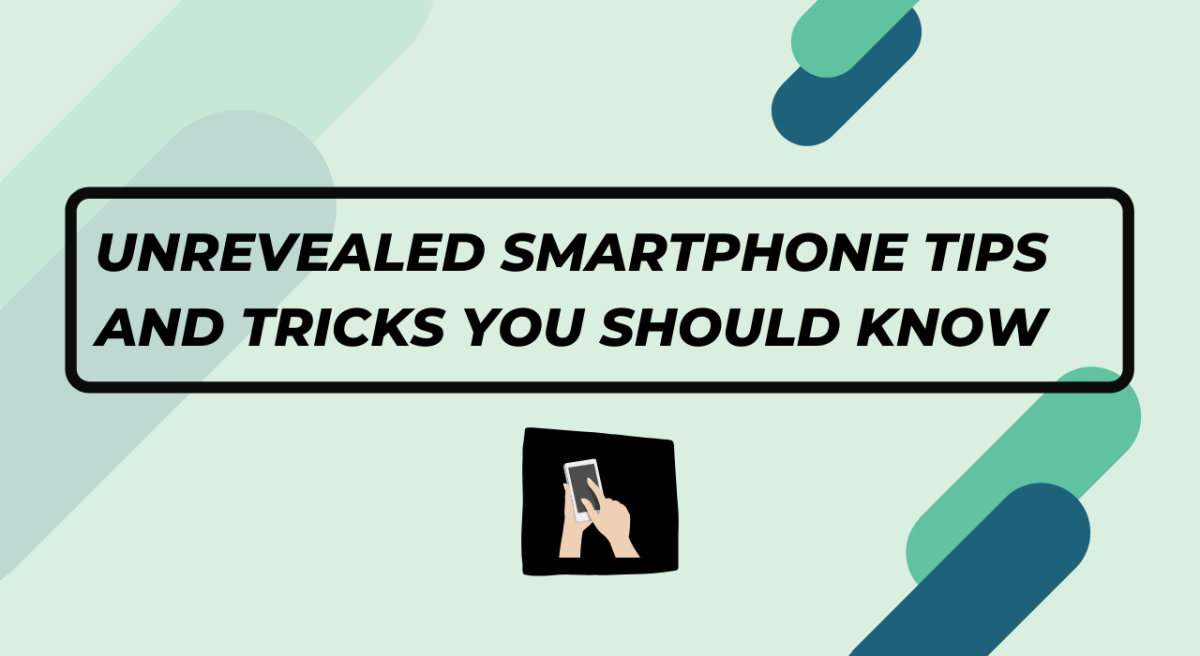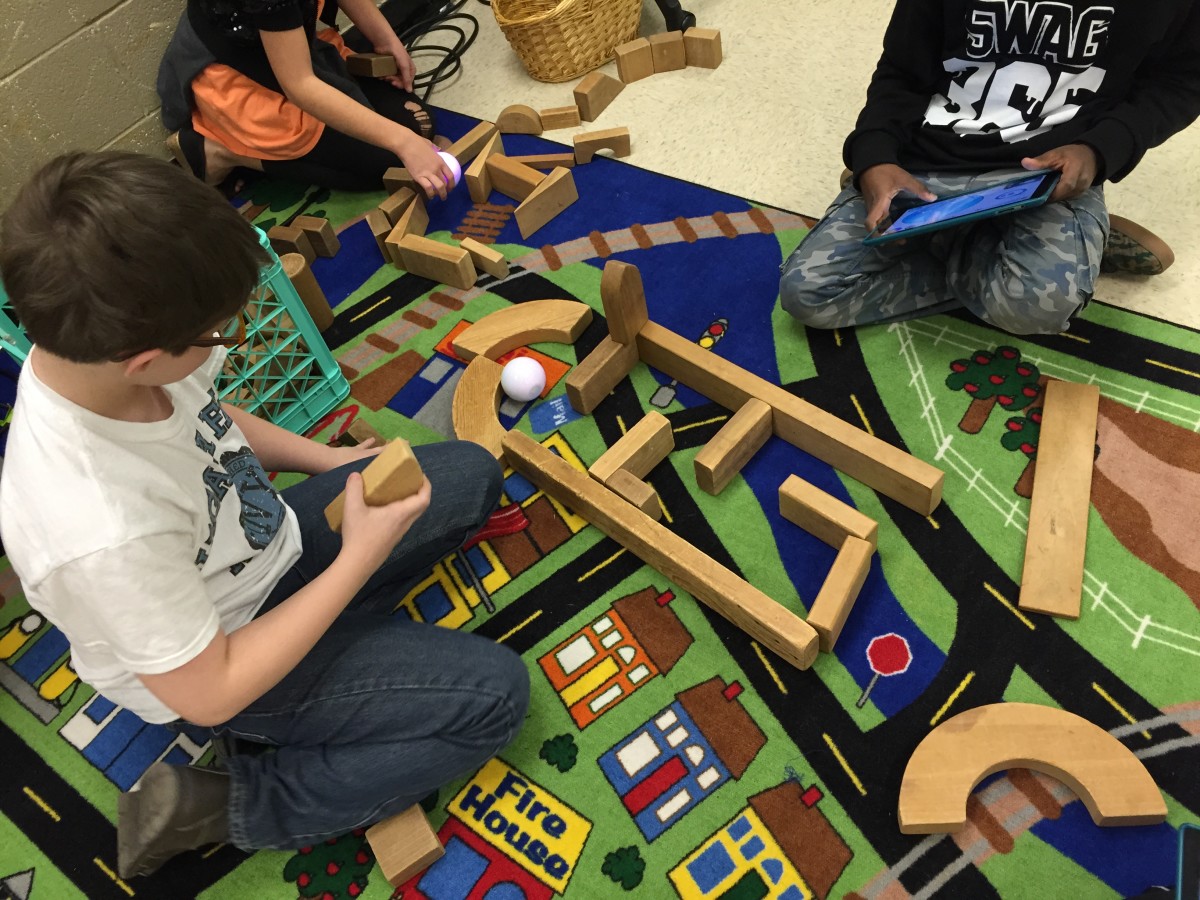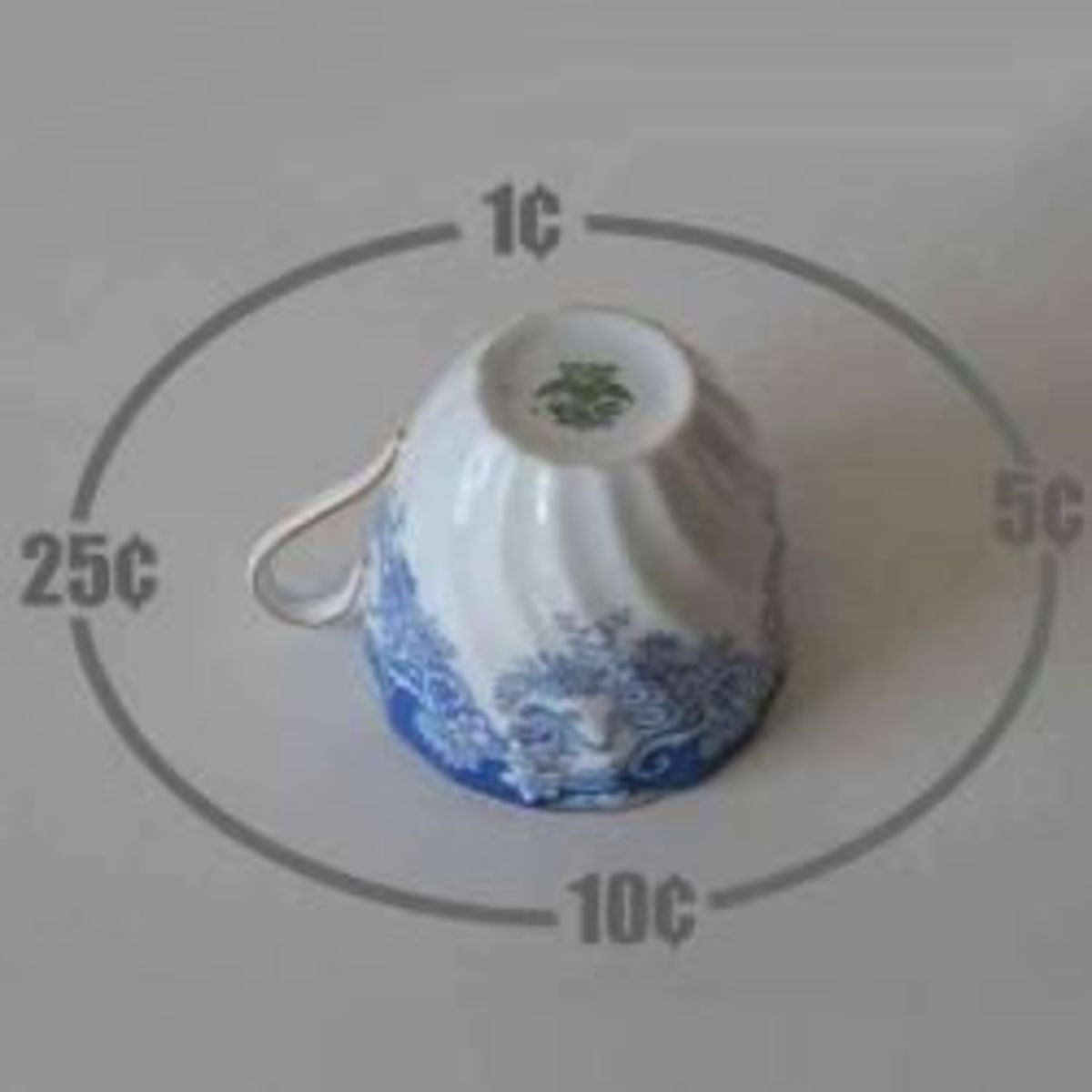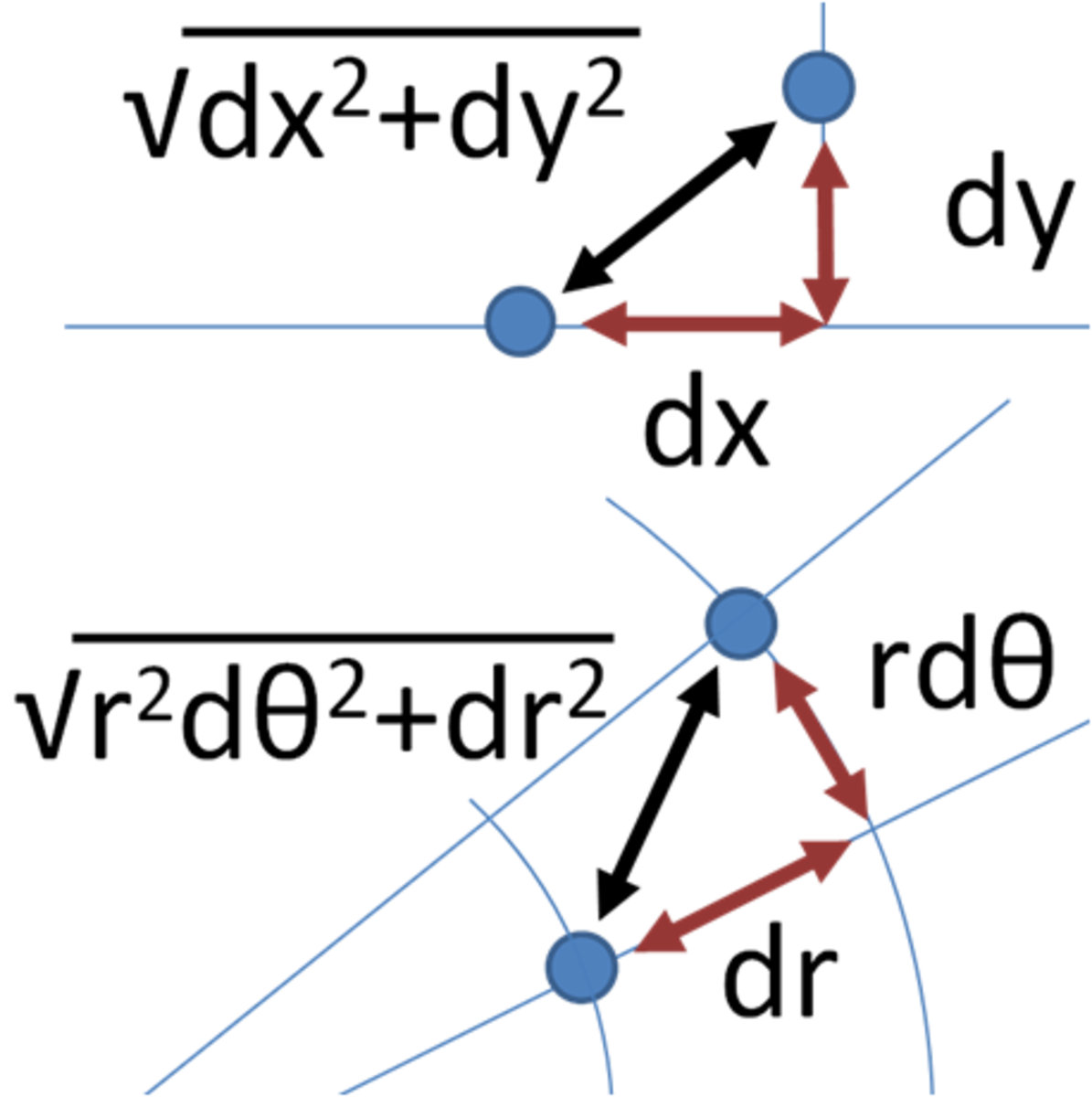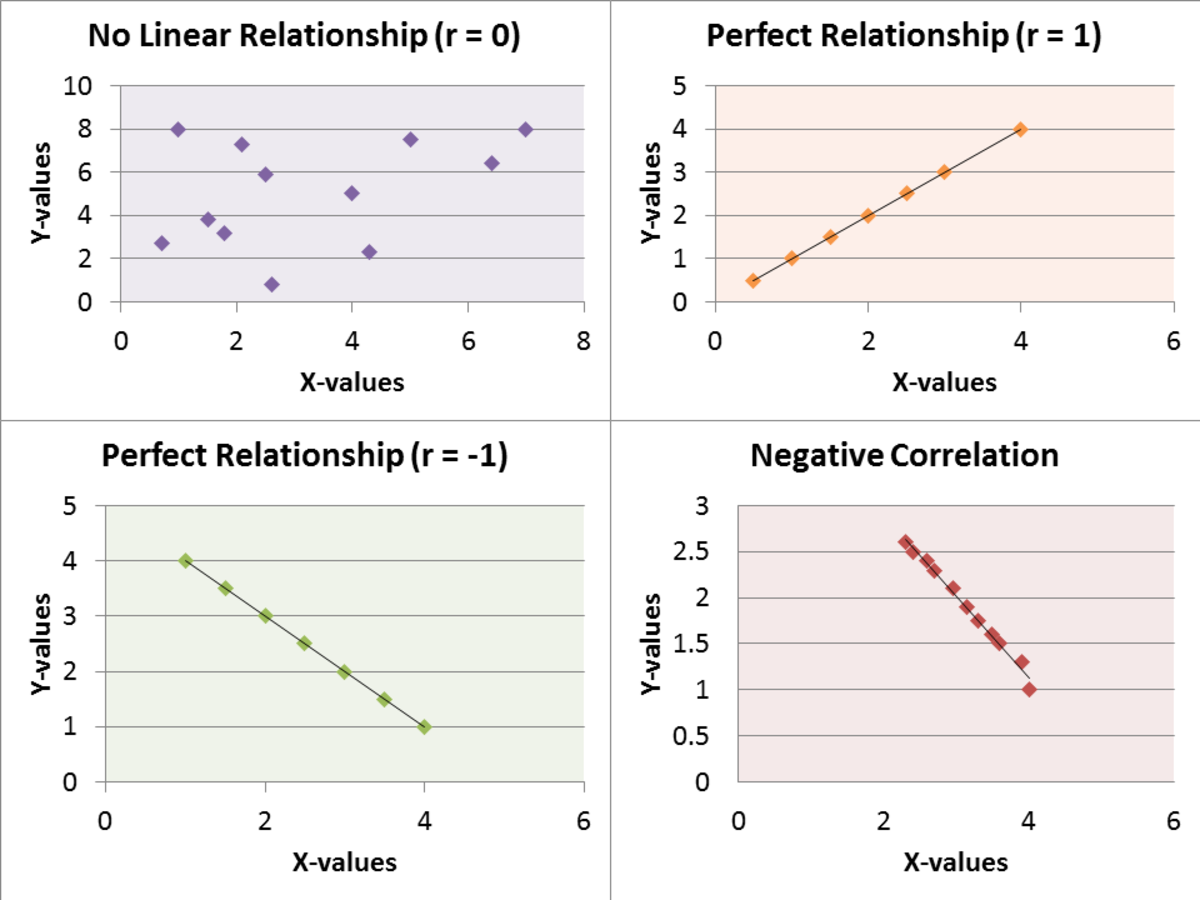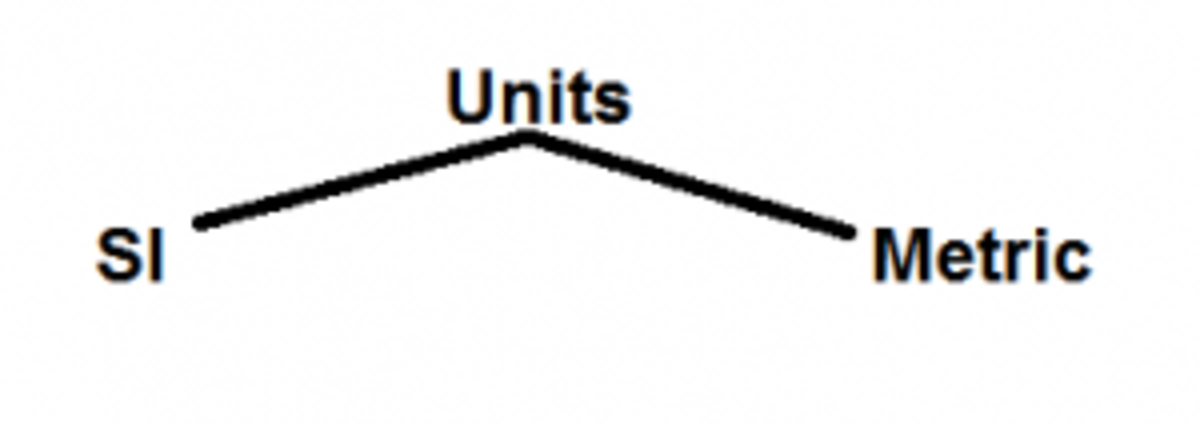Learning Math with Math Magic
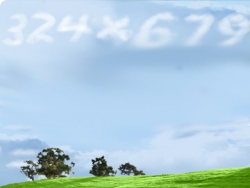
Using advanced cutting-edge methods to "turbo-charge" ways to learn math.
This isn't just a bunch of silly childish, like, "Take a number, multiply it by 9, add your grandmother's age, divide by the number of coins in your pocket, subtract your birthday, and I'll tell you some meaningless number, and bore you to tears with the whole thing."
The great science-fiction author, Arthur C. Clarke once wrote, "Any sufficiently advanced technology is indistinguishable from magic." That's how I see the Idea of magic. It is a sufficiently advanced method of accomplishing something which is not understood by most people. Or, as I like to say, "That which can't, and does."
The goal of Math Mojo is to help people who have not mastered the bland, boring way of old-school math, by introducing them to the "magical" ways of advanced thinking. It's actually easier than the drudgework, and it is much more fun.
So you won't be learning how to make other people look foolish, but instead you'll be learning how to make yourself actually smarter. Now that's magic!
What about those boring tricks?
Well, we can use them to teach some concepts. Just don't try to entertain anyone with them.
Most "math magic" tricks are too transparent to even deal with. OK, OK so I'll deal with one as an example of why we don't want to mess around with them too much:
"Think of a number between 1 and 100, and don't tell me what it is.
"Now take your age, multiply by it by 2, add 5, multiply by 50, and subtract 365.
"Next, take that number add your secret number, (the one you thought of from 1 to 100) then add 115 to the total."
"The first half of the final number is your age, and the other part of the number is your secret number!"
Wow, isn't math boring! But it is easy to figure out.
Breaking it into steps:
Let's call your age "x".
x*2 = 2x
That's simple enough; it means double your age
(2x + 5) * 50
This is the first part of what makes it a puzzle.
(2x + 5) * 50 could be simplified to 100 x+250.
What you have actually done here is multiply your age by 100 and add 250.
To that, you are doing the rest of the equation. Which looks like this:
-365 + secret number + 115
When you subtract 365, add your secret number, then add 115, you are really simply subtracting 250 and adding your secret number, (because of the commutative law of addition)
As an example, let's say your secret number is be 47, so -365 + 47 + 115, which can be commuted to -365 + 115 + 47, which simply means -250 + 47.
So if you do the two parts of the equation together, you have
100 x + 250 - 250 + secret number.
I'm sure you can see how this simplifies to 100 x + secret number.
From there, you can understand that you are basically taking your age, putting two zeros at the end (which is the same as multiplying it by 100), and adding the secret number to that. Since the secret number is between 1 and 100, it will never have more than two digits. Adding a one or two-digit number to a number that ends with two zeros is the same as just taking the first number and sticking the second number behind it.
Simply put, the "magician" is saying, "Take your age and stick some number behind it. Now tell me what it is, and I'll tell you what you told me." Spooooky!
The reason that it seems puzzling is because the method artificially complicates the equation. This is a very primitive use of what magicians call "misdirection."
Read on ...
I wrote this e-book because I was disgusted with the way we are normally taught how to multiply. This booklet will open your eyes to a new world. You will learn a method to teach any child basic multiplication of single-digit numbers (what we normally call "the times tables" or "multiplication facts") in about two minutes.
The booklet then goes on to show how to "lock this knowledge in."
It also comes with seven e-mail lessons that will show you the math behind the method, so you can actually understand and show your child why it works!
And here's the big news: I've just added over a dozen videos to help you super-charge your learning and practicing. They are easy to follow and fun. I "hold your hand" as you practice, until you can do over thirty multiplications in a minute.
I truly believe that every parent and teacher should know what is taught in this booklet, so every child can have a meaningful, helpful method for dealing with this important subject.
You can order "Numbers Juggling - (Times without the Tables)" here.
Boring "Tricks" Part II
The last words on boredom. After this, we do some real magic!
Please, please, please don't rush off and try to fool someone with this. It is a boring puzzle disguised as a magic trick, not really a magic trick at all. Magic should require that the audience be willing to suspend their disbelief in order to be amused. This kind of trick, on the other hand, requires you to bulldoze the audience with complicated nonsense in order to confuse them.
Dai Vernon (affectionately known among magicians as "The Professor") was arguably the greatest sleight-of-hand magician of the twentieth century. He was also possibly the greatest magic theorist of that century. One of his favorite sayings was, "Confusion is not magic."
Puzzles like this simply confuse people, which frustrates them. They are not amused, they are generally bored and annoyed. You may be amused, but you won't entertain anyone with this stuff. You won't fool too many people with it, either. Everyone suspects the trick works on the above principles, but they just don't know the exact equation. Not because they couldn't figure it out if they wanted to, but because they don't think it's really worth figuring it out.
Trying to entertain someone with a "trick" like this is like trying to be the "life of the party" by playing "Blowin' in the Wind" on your guitar.
I was going to say, "Leave the math tricks to the professional magicians," but it is a rare magician indeed who can make them interesting. And the ones who can are doing much more advanced things than the silly puzzle above.
Magic performance requires skills way beyond "knowing the secrets."
Real magic, on the other hand (not the show kind) is what you use to improve yourself and the world. It is a method ("sufficiently advanced") that you can use to teach, learn and accomplish meaningful things.
Is there ANY value to those boring tricks?
Yes! (But not as "tricks.")
There's nothing wrong with those little number-chestnuts as amusing little diversions that you can use to interest young children and new adult math-learners in learning some of the "mysteries" of how math works.
Figuring them out as puzzles is a fine recreational and pedagogical passtime. It's fun to figure out how things work. That's what separates them from good performance magic. With a good performance, the audience is enchanted. That is different from simply being fooled.
But if you waded through the above "trick" and explanation, you may have actually been interested in the ways the math worked. That is wonderful thing in itself. There are plenty of sites with simple number tricks on them, and I'm sure you can find them if you need to impress yourself or small children. (OK, I know I'm being snide, there. I'm kidding though, I know these things are fun to investigate.)
Now that we are finished with "number tricks," let's learn some real math with magical methods. That's better than hokey magic with mathematical methods.
Speed Multiplication by 11 (and 12) - The first "trick"
Click on the link below for a great introduction to the power of using magic methods to do meaningful math.
- Speed Multiplication by 11 (and 12)
Even if you don't know the "tables," you'll be able to multiply HUGE whole numbers, like 459,287, 563 x 11 in your head, without pencil and paper, and before the "wiseguys" can even get their calculators out of their bags. Any second-grader and most
Great Math Newsletter for all Ages (FREE!)
The MATH MOJO MONTHLY
Get Free Instant Access to
The MATHMOJO MONTHLY
("Comes out Quarterly, Mostly!")
NEWSLETTER
Tons of tips to help you understand math, easily.
It's FREE and it's FUN!
As a Bonus for signing up,
you'll also receive a Free Copy of:
"10 Things You can do Right Now
to Help your Child Learn Math"
Ten nothing-to-buy tips you can
start using with your child right now.
These are no-nonsense, easy-to-use tips that will
help your child understand math
in a fun, friendly way.
Great Math Books for Every Home - Personal Recommendations from Professor Homunculus


